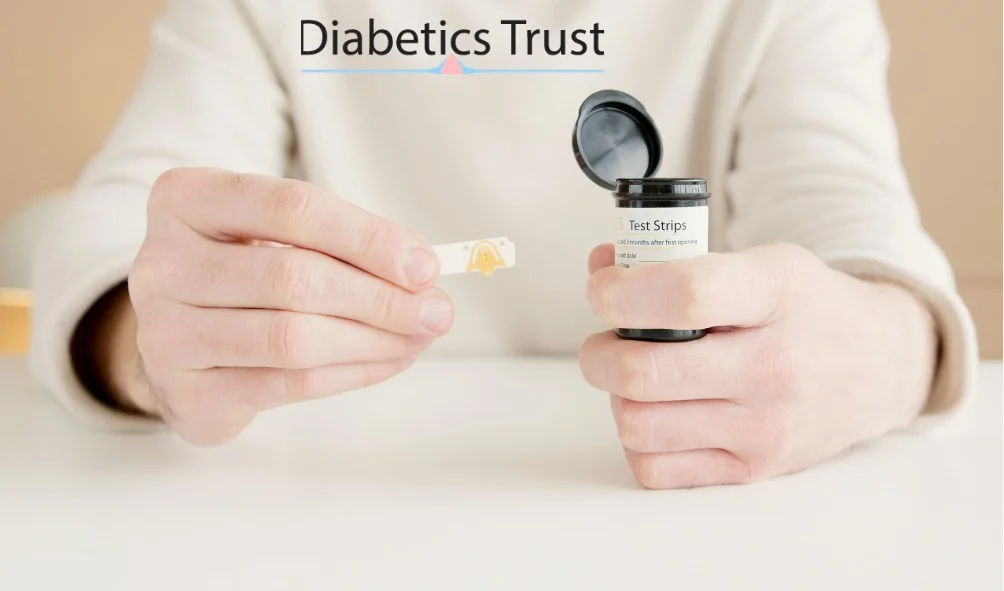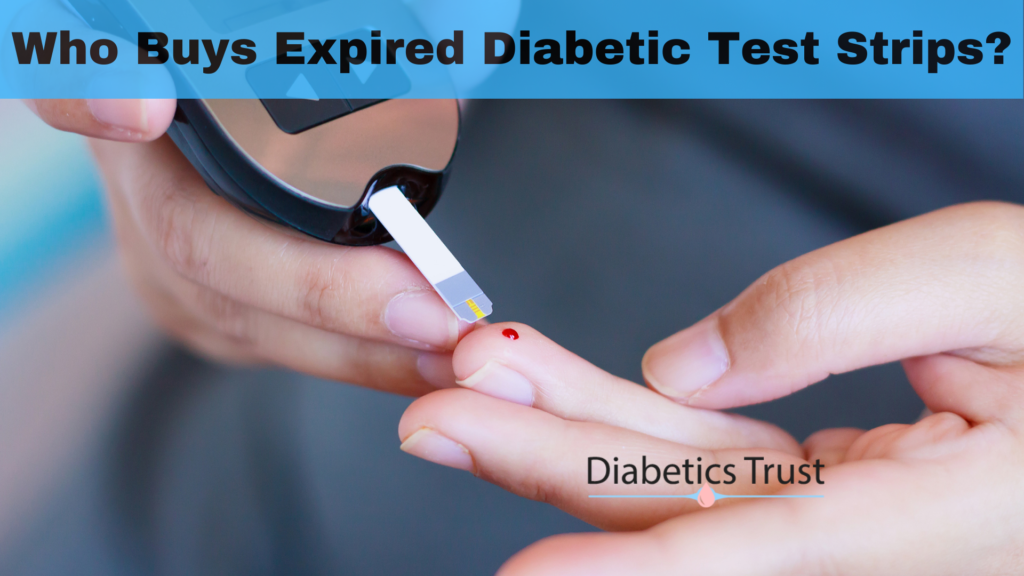In a striking incident, a former CVS employee was recently sentenced for stealing. A whopping $2.5 million worth of diabetic test strips. Putting a spotlight on the complex and often opaque distribution and reimbursement systems involving diabetic supplies.
This post seeks to dissect this case and offer insights. Into the regulatory mechanisms governing the supply and distribution of test strips.
The Test Strip Theft
The theft, carried out by an ex-CVS worker, raised questions about the regulatory environment. Surrounding the purchase and sale of diabetic test strips.
The individual involved allegedly procured test strips from unauthorized distributors. A violation of policy mandates set by Pharmacy Benefit Managers (PBMs).
PBMs and Manufacturer Rebates
PBMs, which develop and maintain drug formularies, receive rebates from manufacturers to place their products on these formularies. Pharmacies themselves don’t benefit financially from these rebates and don’t have a direct contractual relationship with the manufacturer.
It’s notable that these rebates have been estimated to account for a significant portion of the gross-to-net bubble, a figure that highlights the difference between sales at brand-name drugs’ list prices and their net prices after rebates.
The Role of Authorized Distributors
The controversy surrounding the theft also brought attention to the role of authorized distributors in the supply chain. These approved wholesalers are contracted by manufacturers to sell and distribute their products.
Both PBMs and certain states mandate pharmacies to procure diabetic testing supplies solely from these authorized distributors. However, there is no such requirement under the Drug Supply Chain Security Act (DSCSA) for pharmacies to buy test strips from these entities.

The Implications of Buying from Unauthorized Distributors
Though the DSCSA doesn’t necessitate purchasing from authorized distributors, pharmacies sourcing from unauthorized distributors should always acquire ‘Transaction History, Information, and Statement’ (T3) documentation from the wholesalers.
This is a critical safeguard against the backdrop of numerous lawsuits involving adulterated, misbranded, expired, or counterfeit test strips, as well as those labeled as ‘not for retail’ or those that have been internationally diverted.
Dealing with Discrepancies
The case also underlines the importance of accurate claim adjudication, a process that has previously led to hefty settlements when pharmacies incorrectly billed National Drug Code (NDC) numbers.
The Conclusion
The CVS case, while startling, is a potent reminder of the importance of strict adherence to regulations and the dire consequences of non-compliance.
As pharmacies, distributors, and PBMs continue to operate within this intricate network, greater transparency and diligence are key to ensuring the integrity of the supply chain and the safety of the end-users the patients who rely on these test strips for managing their diabetes.
Related Blogs You Must Read
BBB’s Alert on Diabetic Strip Scams
How to Earn 500$ per Day With Unused Diabetic Supplies





